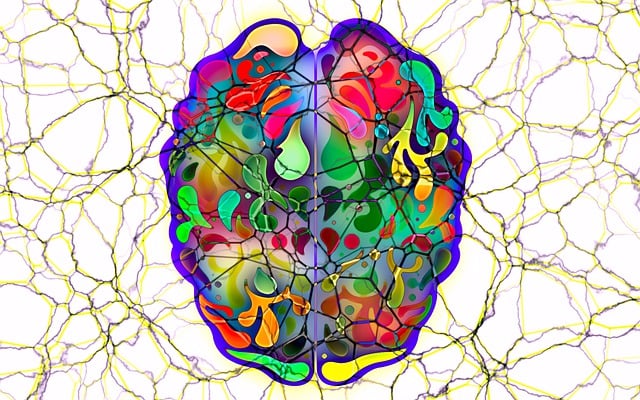Oregon's probate courts play a vital role in managing complex estate administration, ensuring fairness and order during an emotional time for families. Initiating the process involves filing a petition in the appropriate estate court, which appoints a personal representative to manage the estate. The administration phase includes hearings, inventories, and distributions by the executor or trustee, culminating in asset division according to the will or trust. After a rigorous period, the estate is closed through accountancy, distribution of assets, and eventual court discharge for the personal representative. Understanding this Oregon estate court process empowers individuals to make informed decisions and successfully navigate probate.
“Oregon probate court procedures are vital for making informed decisions regarding estate management. This comprehensive guide breaks down the intricacies of navigating Oregon’s unique estate court system. From understanding jurisdiction and initiating the probate process, to managing assets, inventories, and distributions, we explore each step thoroughly. Additionally, we delve into closing the estate, final accounts, and post-probate matters, ensuring a clear roadmap for all involved. Familiarizing yourself with these procedures is crucial for successful estate administration.”
- Understanding Oregon Estate Court: Jurisdiction and Role
- Initiating the Probate Process: Petitions and Appointments
- Managing the Estate: Hearings, Inventories, and Distributions
- Closing the Estate: Final Accounts, Discharge, and Post-Probate Matters
Understanding Oregon Estate Court: Jurisdiction and Role

Oregon’s probate courts play a crucial role in managing the complex process of estate administration, ensuring that deceased individuals’ wishes are respected and their assets are distributed according to the law. The court’s jurisdiction over estate matters provides a structured framework for handling affairs like wills, trusts, and the appointment of executors or trustees. This oversight is vital to maintaining order and fairness during what can be an emotional and challenging time for families.
The Oregon estate court process involves several key steps, including the filing of relevant legal documents, such as a petition for probate, and the eventual distribution of assets upon completion of the administration period. Understanding this process is essential for anyone navigating Oregon’s probate system, ensuring informed decisions and a smoother transition during what can be a delicate and intricate legal matter.
Initiating the Probate Process: Petitions and Appointments

Initiating the probate process in Oregon involves filing a petition with the appropriate estate court, which triggers the official administration of the decedent’s estate. The petition details the individual’s assets, debts, and beneficiaries, setting the foundation for the court’s supervision. A judge then appoints a personal representative, typically a named executor or administrator, to handle the affairs of the estate. This appointment is crucial as it authorizes the representative to manage assets, distribute property according to the will or state law, and ensure all legal obligations are met during the probate process.
Understanding these initial steps in the Oregon estate court process empowers individuals and families to make informed decisions. Knowing what documents are required and who will be responsible for overseeing the estate can help streamline the often complex and emotional journey of probate.
Managing the Estate: Hearings, Inventories, and Distributions

In the Oregon estate court process, managing the estate involves a series of hearings, inventories, and distributions. After a will or trust is admitted to probate, the court appoints an executor or trustee who oversees the administration of the estate. This includes gathering and securing all assets, as well as paying any debts and taxes owed by the decedent.
Hearings are scheduled to ensure the estate is being managed properly. During these meetings, the executor or trustee provides updates on their progress, and the court makes decisions regarding distributions. Inventories are prepared to list and value all assets, ensuring a fair division among beneficiaries. Once the estate is settled, distributions are made according to the terms of the will or trust, providing clarity and closure for all involved parties.
Closing the Estate: Final Accounts, Discharge, and Post-Probate Matters

After a thorough administration period, the next step in the Oregon estate court process is closing the estate. This involves preparing and filing final accounts that detail all financial transactions made during the probate. Once approved by the judge, the personal representative can distribute remaining assets to the beneficiaries as per the deceased’s will or trust provisions.
Following distribution, the personal representative must obtain a discharge from the court, legally releasing them from further responsibility for the estate. Post-probate matters may include resolving any outstanding taxes, transferring property titles, and updating beneficiary designations on financial accounts. This phase marks the official conclusion of the Oregon probate court process, leading to finality for all involved parties.






